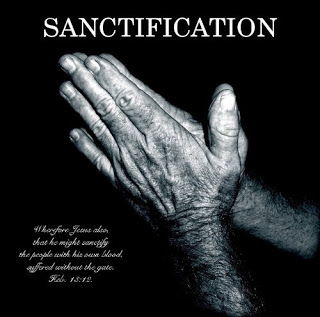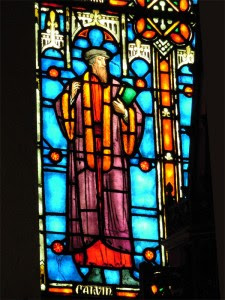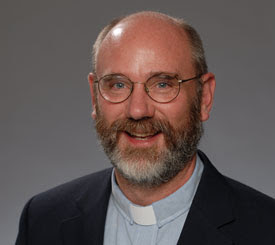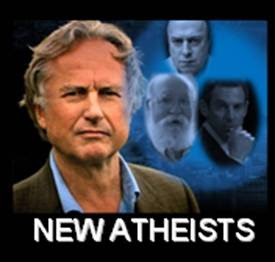In the pietistic tradition, the distinction between a visible and invisible church is highly emphasized. This doctrine made its way into the Waltherian school of Confessional Lutheranism; sometimes it is confessed that the church is purely invisible, though it has certain visible “signs” of its presence. There is some wisdom in separating true faith from external ecclesial structures, since faith is a matter of the heart, but ultimately I think this tradition misses the intimate connection between the physical and... Read more




















